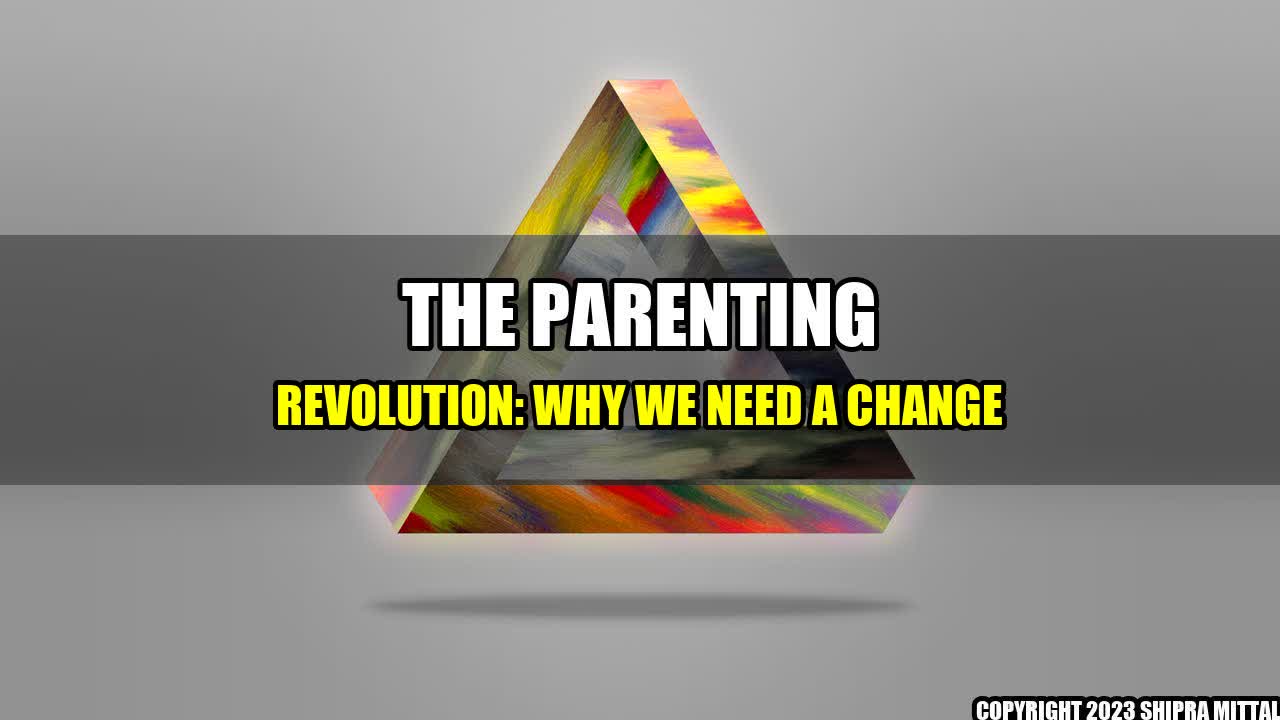

It was a typical busy morning at our house. My wife and I were rushing around trying to get our three kids ready for school. We had just sat down for breakfast when our six-year old daughter burst into tears. She was upset because her younger brother had accidentally spilled juice on her shirt.
My first instinct was to scold my son for being clumsy, but my wife stopped me. She took our daughter in her arms and asked her what was really bothering her. It turned out that she was anxious about a school project that was due that day, and the spill had made her feel even more stressed.
I realized that my wife was right. Instead of blaming our son and creating more tension in the house, we needed to address our daughter's feelings and help her manage her stress. It was a small but important moment that taught us the value of communication and empathy in parenting.
Parenting can be challenging, especially in today's fast-paced and technology-driven world. With so many distractions and demands on our time, it's easy to lose sight of what really matters: our children's well-being and emotional development.
Recent research has shown that many kids are struggling with mental health issues such as anxiety, depression, and ADHD. There are many factors that contribute to these problems, but one of the key issues is parental disconnection. When parents are too busy or distracted to tune in to their kids' needs, it can lead to communication breakdowns, emotional distress, and behavioral problems.
That's why we need a parenting revolution. We need to shift our focus from performance and achievement to connection and compassion. We need to prioritize our children's emotional health as much as their academic and physical health. And we need to learn new skills and strategies to help us navigate the challenges of modern parenting.
What could a parenting revolution look like? Here are some examples of the positive outcomes we could expect:
So how can we start a parenting revolution in our own homes? Here are some practical tips:
Remember, change takes time and effort. But the rewards are worth it. By prioritizing our children's emotional well-being and practicing effective communication and discipline, we can create happier, healthier families and a better future for our kids.
Akash Mittal Tech Article
Share on Twitter Share on LinkedIn